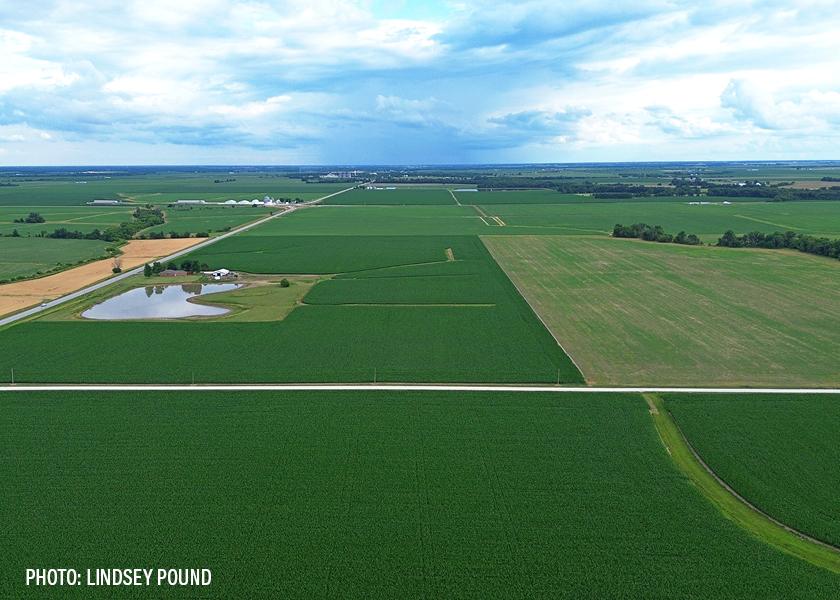U.S. Committee Proposes New Roadblock for Foreign Land Ownership

USDA’s latest data shows China owns over 191,000 acres of U.S. lands. As U.S. foreign land ownership continues to grow with companies like Fufeng Group buying up land for building and production, Congress’s concerns continue to grow with it. But those concerns could soon be put to rest with new legislation introduced on Wednesday.
The House Select Committee on the Chinese Communist Party (CCP) introduced the Protecting U.S. Farmland and Sensitive Sites from Foreign Adversaries Act to prevent foreign adversaries from exploiting U.S. land near security sites.
Related story: China's Latest Land Purchase Could Pose Major U.S. Security Risk
"The U.S. cannot allow foreign adversaries like the CCP and its proxies to acquire real estate near sensitive sites like military bases or telecom infrastructure, potentially exploiting our critical technology and endangering our servicemembers,” said Rep. Mike Gallagher (R-Wis).
If passed, the act would grant the Committee on Foreign Invest in the U.S. (CFIUS) permission to oversee potential foreign land purchases in the U.S. The bill would also allow the secretary of ag to vote on any transactions involving farmland or ag tech, but they wouldn’t be allowed in CFIUS.
Another addition suggested by the bill is a review of land transactions near military locations with unresolved national security concerns. The list of sensitive locations would be expanded to include all military bases, university-linked research centers funded by defense, critical telecommunication nodes, intelligence sites, and other sensitive locations.
Related story: Out-of-Country Farmland Investors: Here’s What The Numbers Show
Although China takes the spotlight in this bill, most foreign-owned land in the U.S. is actually held by other countries, according to USDA. Of the 37.6 million acres of American ag land that is foreign owned, these countries own the deeds:
• Canada — 32%
• Netherlands — 13%
• Italy — 7%
• United Kingdom — 6%
• Germany — 5%
• China — 1% (352,140 acres)
Rep. Dan Newhouse (R-Wash.) acknowledged these—and all other—countries in a comment about the Foreign Adversaries Act.
“We must ensure our government agencies have the necessary resources to stop bad actors from gaining a foothold in our homeland,” said Newhouse.







